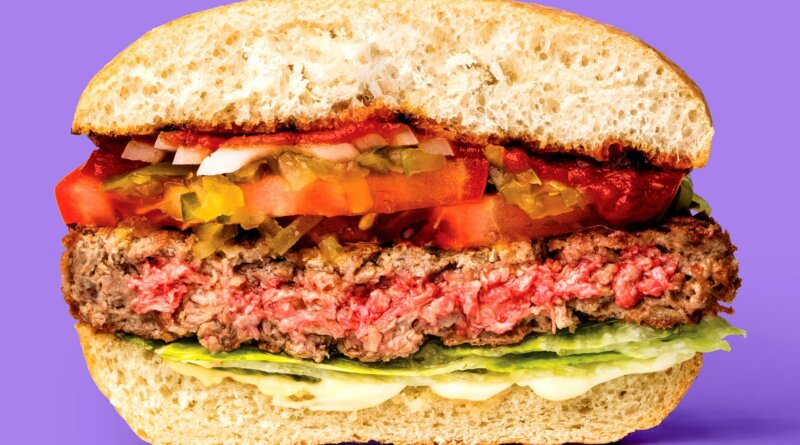How Healthy Are the New Plant-Based ‘Fake Meats’?
She noted that the World Health Organization has classified processed meats (deli meats, bacon and sausage) as potentially cancer-causing, and red meat (veal, lamb, beef and pork) as probable cancer-causing substances, due to the processing, compounds in the meat and cooking methods.
“Limiting consumption of red and processed meats significantly lowers one’s intake of saturated fat,” Heller said.
The sodium in some plant-based imitation meats may be moderate to high, but if most of the foods people eat are less-processed ones, it should not be a problem, she added.
“All in all, eating more plants and fewer animals is good for your health and the health of the planet,” Heller said.
But “meat alternative” is not an ideal term, she added, because it sets up expectations of taste.
“While some plant-based ‘meats’ come close to the taste and texture of real meat, the idea is that these foods offer a different choice for protein, not a one-on-one swap out for meat or other animal foods,” Heller explained.
Many options exist for those seeking a more plant-based diet, she said.
“Whole foods are best, but there is plenty of wiggle room to include plant-based meat, dairy, poultry and egg alternatives,” Heller advised. “On a daily basis if we eat a balanced, more plant-rich diet, we should be able to meet our nutrient needs.”
The findings were published June 15 in the Journal of the Academy of Nutrition and Dietetics.
More information
For more on plant-based diets, head to the Physicians Committee for Responsible Medicine.
SOURCES: Lisa Harnack, DrPH, RD, MPH, professor, division of epidemiology and community health, University of Minnesota School of Public Health, Minneapolis; Samantha Heller MS, RD, CDN, senior clinical nutritionist, NYU Langone Health, New York City; Journal of the Academy of Nutrition and Dietetics, June 15, 2021


